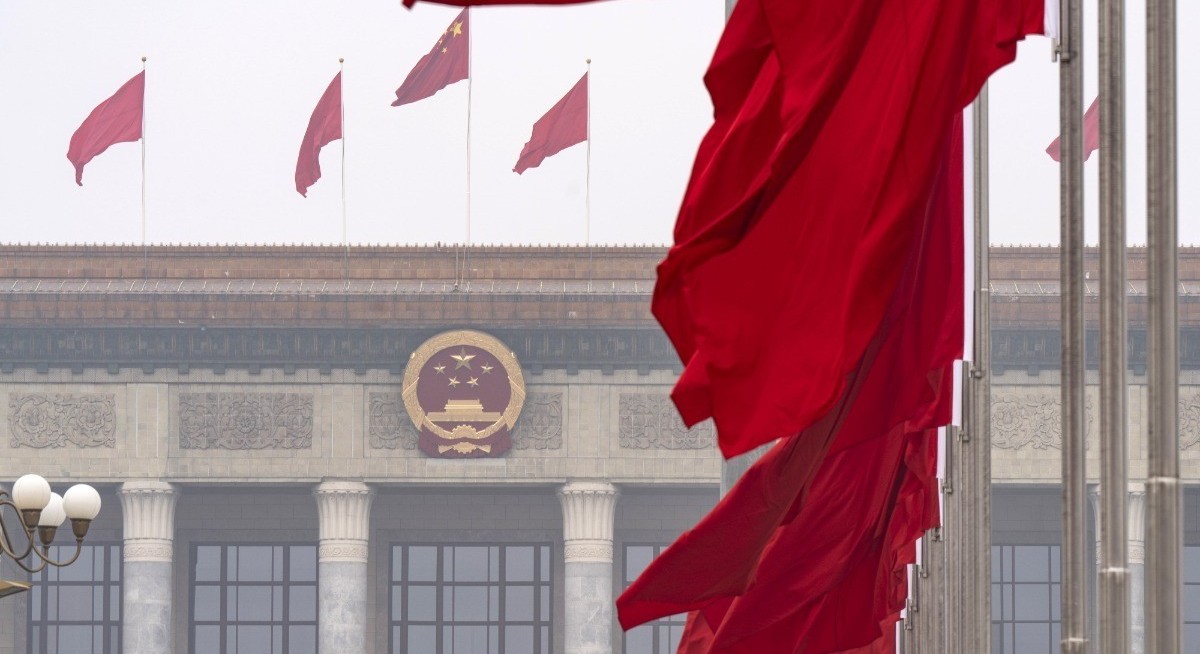(Oct 23): The Trump administration is weighing export restrictions against China that would bar the purchase of a wide swath of critical software, a White House official said Wednesday.
The acknowledgment, given on the condition of anonymity to detail internal deliberations, came after Reuters reported that the US was weighing efforts similar to the curbs implemented against Russia following the invasion of Ukraine, if China did not backtrack from its threat to restrict rare-earth exports.
“Everything is on the table,” US Treasury Secretary Scott Bessent told reporters later when asked about limits on software exports to China. “If these export controls, whether it’s software, engines or other things happen, it will likely be in coordination with our G-7 allies.”
The Reuters report did not detail specific curbs or a definitive timeline for the new measures to be announced, but the US implemented export controls on enterprise resource planning, customer relationship management and computer-aided design software against Russia in recent years.
China’s Foreign Ministry didn’t immediately respond to a request for comment on the possible software curbs or Bessent’s pledge to work with Group of Seven nations.
It’s not clear how serious the effort is. Any sweeping technology restrictions on China could disrupt a fragile US economy already absorbing the impact of US President Donald Trump’s tariffs.
See also: IMF warns Asia’s growth will cool this year, next on trade risks
Bessent added that senior US officials were entering negotiations with the Chinese government “with good intentions” and “great respect”.
Both Beijing and Washington have adopted a pattern of floating punishing trade measures ahead of negotiations, providing leverage and bargaining chips for talks aimed at reducing barriers between the world’s largest economies.
Earlier this month, Trump said he would impose an additional 100% tariff on China, as well as export controls on “any and all critical software” beginning at the start of next month. The US has said the move is in retaliation for China’s announced restrictions on the flow of critical rare-earth minerals needed to make numerous consumer products — including motors, semiconductors and fighter jets — as well as new port fees on US ships.
See also: Japan's Takaichi seeks official group to ward off risky foreign investors
But Trump has also predicted that talks planned for next week with Chinese President Xi Jinping would produce a “good deal” on trade.
Michael Deng, geoeconomics technology analyst at Bloomberg Economics, said the software restrictions would be possible under existing export-control rules, but would be difficult to execute given the government department that would carry them out, the Bureau of Industry and Security, has limited capacity and already strained licensing system.
A ban on “critical software” would mean greater risk for the sales in China of Cadence Design Systems Inc, Dassault Systemes and Synopsys Inc, wrote Niraj Patel, a senior tech industry analyst at Bloomberg Intelligence. Other “areas that could be labelled as critical include Nvidia’s toolkits (CUDA), AI platforms (OpenAI), cryptography or encryption (NXP and Palo Alto Networks), firmware tools (ARM Compiler) and telecom (Qualcomm),” he added.
Trump told reporters on Wednesday that he expects to have a “pretty long meeting” with Xi and said he expects “we can work out a lot of our questions and our doubts and our tremendous assets together.”
“I think something will work out. We have a very good relationship, but that’ll be a big one,” the president added.
Trump said he planned to speak to Xi about China’s purchases of Russian oil, after the US president announced fresh sanctions on top energy companies with ties to the Kremlin.
Trump also threatened more retaliation earlier this week against Beijing if the two sides were unable to broker a deal.
“They can’t get parts for their airplanes. We build their airplanes,” Trump said in a meeting with Australian Prime Minister Anthony Albanese at the White House.
Uploaded by Liza Shireen Koshy




